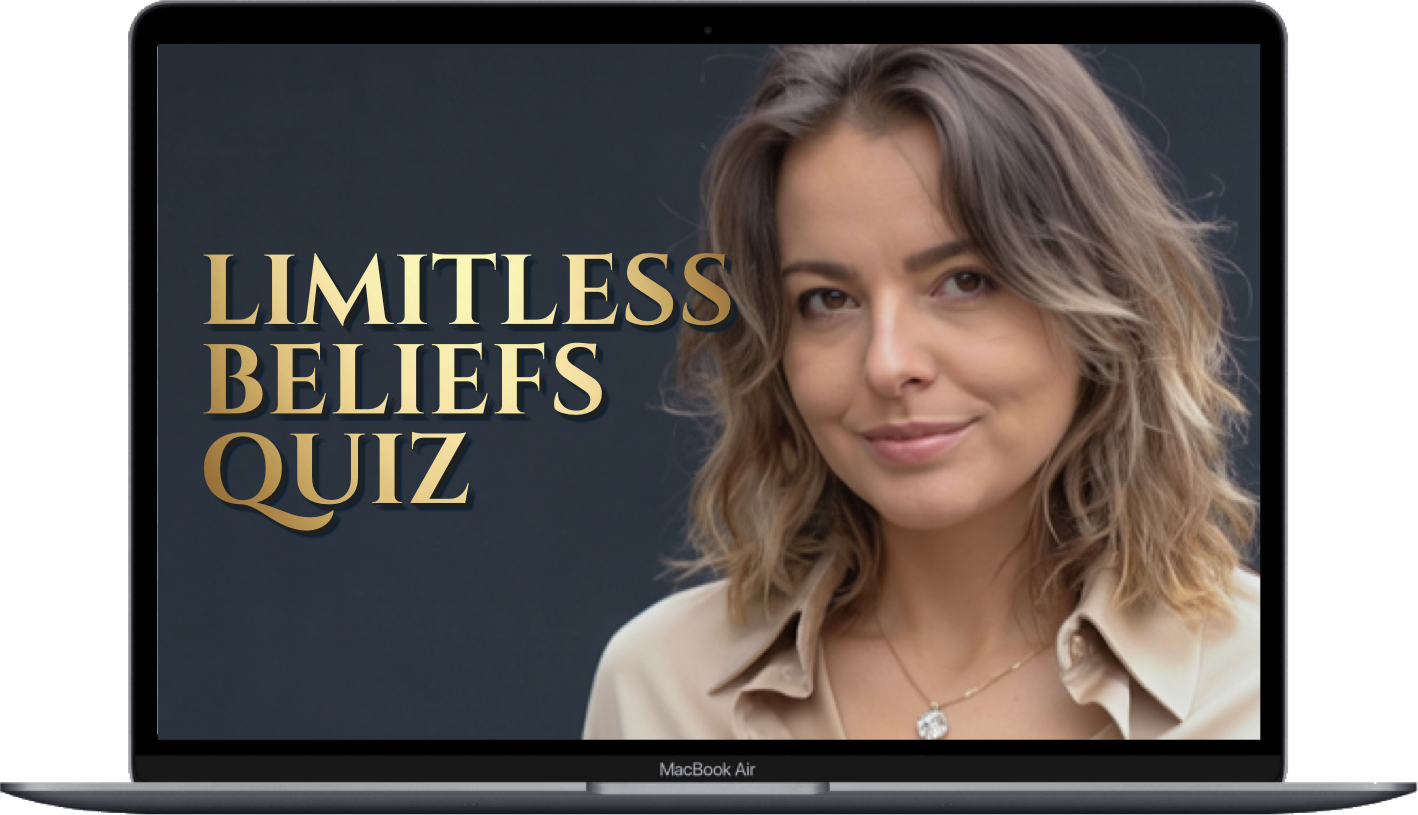I believe that the way we frame the question “What is love?” is often fundamentally misguided. Many people, when they seek to understand love, are really asking what it means when someone shows it to them: when they say, “I love you,” when they give attention, care, affection, or gifts. But this is not love itself; it is only the expression of different emotions that may accompany love. These acts are meaningful, but they do not define the essence of love.
When I say, “I want to know what love is,” I often find no one truly understands me. People nod sympathetically, but they do not grasp the depth of my question. I’d be lying if I said I wasn’t curious about how I would feel if someone truly desired me, expressed love through care, or made gestures that feel special. But these are not love—they are expressions of other emotions.
I believe that Love itself is something much deeper, something unconditional. It is pure, beautiful, and free from burden. Burdens come from demands, from possessiveness, from any “want” disguised as love. But love is not about need or control.
For me, understanding love is a two-part process: creation and experience. It’s like growing a garden, where love is a living entity—born, nurtured, and tended to. Its roots grow deep, and with care, it flourishes. The birth of love is pure, it comes from the heart of the universe itself. It’s a magical, trust-filled moment of connection between two souls.
Love begins this way for everyone. But too often, it becomes overshadowed by “want,” and when that happens, love can become distorted. True love requires awareness—to recognize that “want” cannot overshadow the purity of love. When two people share this awareness, they can build something even more beautiful than the initial spark.
Love is an ongoing process. It’s not something you build once and then stop; it’s a living, evolving entity. The garden of love requires constant care—tending to it through both sunshine and storms. It’s a continuous act of creation, nurturing, and growth.
And that’s what I seek to understand: the creation of love, the growth of its garden. I want to live within it, to care for it, to feel its energy vibrantly alive between us. To nurture it so that the space we create remains pure, free of conditions, and always connected.
This space is not just something we step into; it is something we build from within. My heart must remain clean and open, so that the love we cultivate together can thrive, untouched by the demands of “want” or expectation.
Love is not a feeling. It’s not something we experience as “beautiful yearning” or whatever else—hormonal surges? Desire, passion?! All of that is not love. It’s simply yearning, desire, passion, hormones, and so on. Mostly chemical states. Sometimes neurotic, depending on the degree of neglect.
Love is the space. Something we create ourselves. Like universes, expansions, pockets of the cosmos that we make real. In a very simplistic description, it’s the “permission to be”—simply to be, without conditions. This is why the concept of “unconditional love” exists—it’s when there’s an unconditional space for existence.
As soon as even one condition enters this space, such as “the same, but with mother-of-pearl buttons,” that’s it, the space collapses into zero, and love is gone.
What’s surprising is that this space doesn’t exist anywhere outside of us. One can’t enter it and just be. You can be in someone else’s space of love, but it doesn’t bring the same joy as when we create our own space. Being in a space created for us by someone else may feel comfortable and pleasant, but it will never give the true sense of even global fulfillment (which is all about the illusion of incompleteness)—there’s simply no concept of incompleteness by definition. In this space, created by us, with us as the source, there is no concept of completeness or incompleteness as a class. It’s absurd and represents an empty sound.
This happens because when we are the source of the space of Love, the first person to enter this space is ourselves. Until this space completely fills us, we cannot give love. It’s basic physics.
Therefore, a person for whom concepts of completeness/incompleteness/uncertainty and other self-deceptions still apply is incapable of love. Of course, they’re capable of yearning, hormonal reactions, and neuroses, but this—this pure, transparent state of being from everything that exists, including all people (and even “the aunt with the halo of curlers”), our loved ones, close and distant—it’s only available to those who have already created their space of love and become it.
From this understanding of love, everything becomes very simple and clear.



